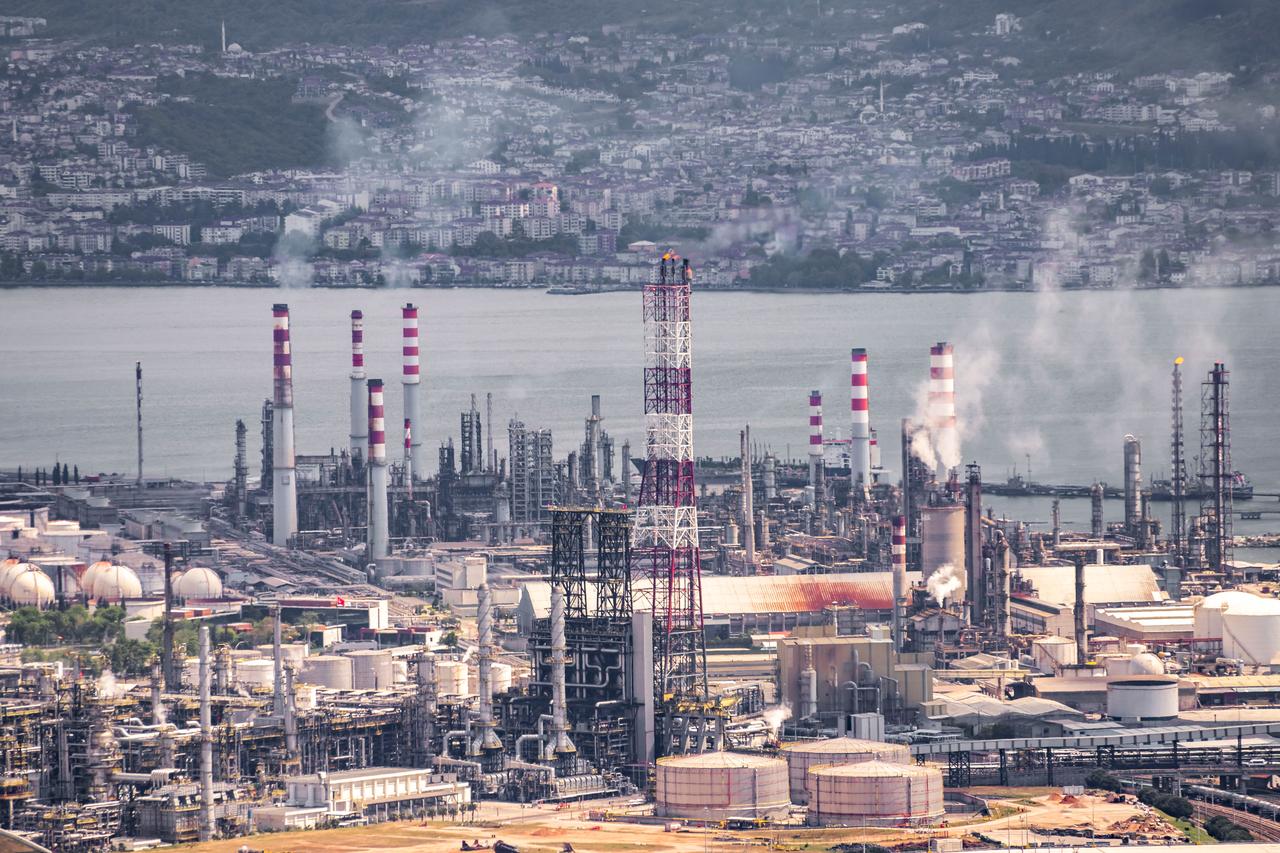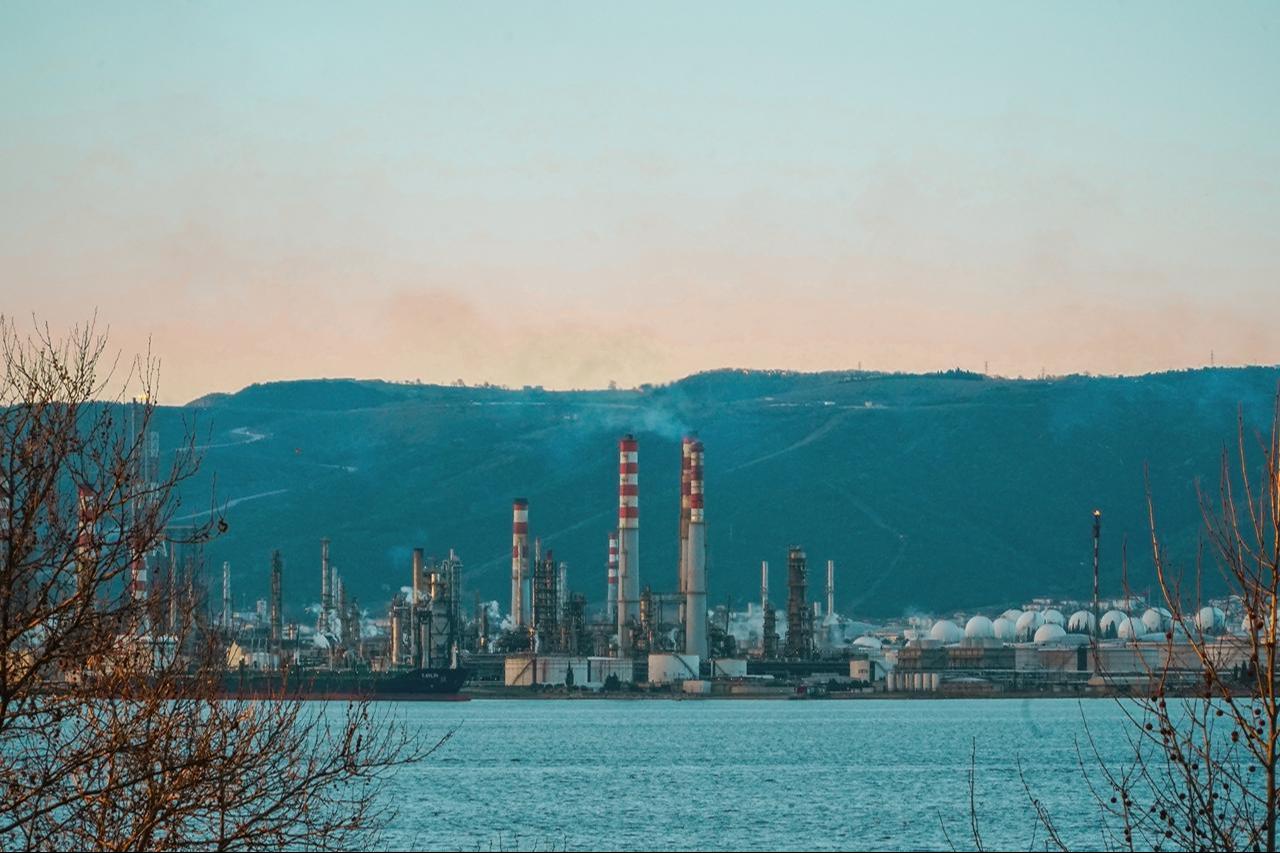
Stronger household and industrial demand pushed Türkiye’s energy imports higher in June, as natural gas inflows climbed 36.9% year-on-year to 3.17 billion cubic meters (bcm) and oil and petroleum product imports rose 5.9% to 4.61 million tons, the Energy Market Regulatory Authority (EPDK) reported on Thursday.
According to central bank data, the June imports were valued at $4.5 billion, lifting the annual energy import bill to $65.1 billion.
Of Türkiye’s June gas imports, 2.79 bcm were transported by pipeline and 377 million cubic meters were delivered as liquefied natural gas (LNG). Azerbaijan was the top pipeline supplier with 1.02 bcm, followed by Russia with 970 million cubic meters, Iran with 697 million cubic meters, and Turkmenistan with 103 million cubic meters. Türkiye also received 277 million cubic meters of LNG from Algeria and 99 million cubic meters from the United States.
On the oil side, crude accounted for 2.92 million tons of the total, up 2.9 percent year-on-year, while diesel imports rose 5.2 percent to 1.21 million tons. Russia dominated Türkiye’s oil supply with 2.96 million tons, followed by Kazakhstan at 412,000 tons and Iraq at 365,000 tons.

Natural gas consumption across the country edged down 0.6% to 2.71 bcm. Household use rose 8.5% to 516 million cubic meters, and industrial demand grew 8.3% to 987 million cubic meters. In contrast, power plant consumption dropped 16.3% to 674 million cubic meters.
Gas storage volumes stood at 3.77 bcm at the end of June, an increase of 9.3% from a year earlier. Underground facilities held 3.49 bcm, while 279 million cubic meters were stored in LNG terminals.
Türkiye’s exports of petroleum products totaled 1.46 million tons in June, a 14% increase year-on-year. Aviation fuel exports rose 22.3% to 577,000 tons, diesel exports surged 82.5% to 291,000 tons, and marine fuel exports advanced 23.1% to 185,000 tons. Gasoline exports fell 58.5% to 12,000 tons.
Refinery output of petroleum products reached 3.46 million tons, up 7.3% year-on-year. Diesel production climbed 11.4% to 1.40 million tons, aviation fuel output rose 10.2% to 626,000 tons, and marine fuel output increased 7.6% to 186,000 tons. Gasoline production declined 11.8% to 435,000 tons.